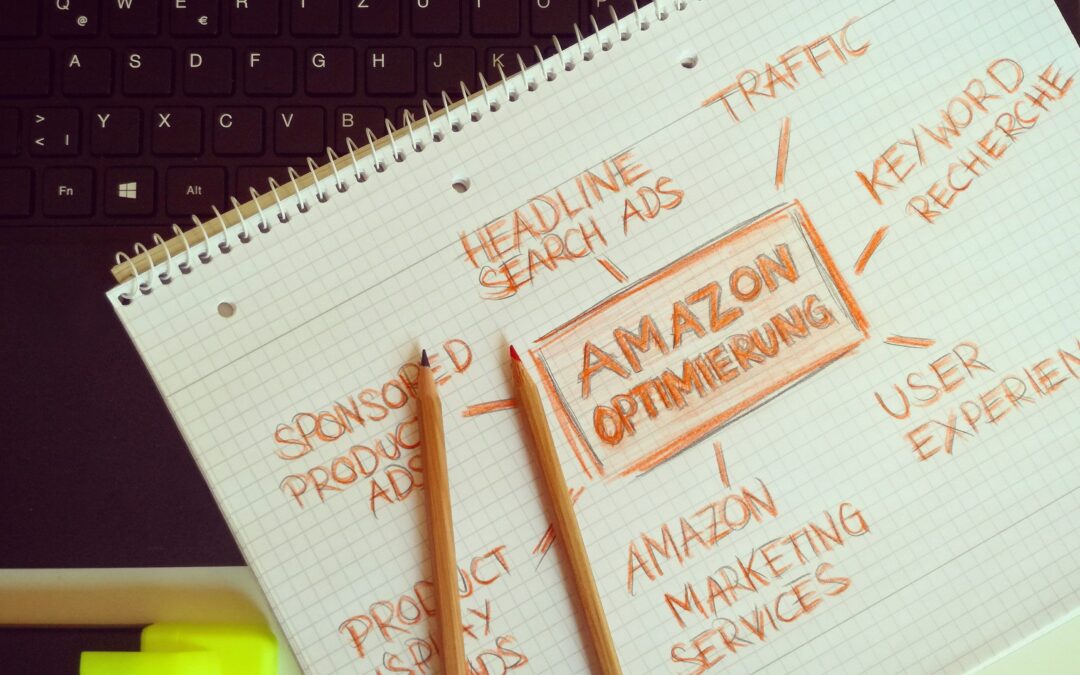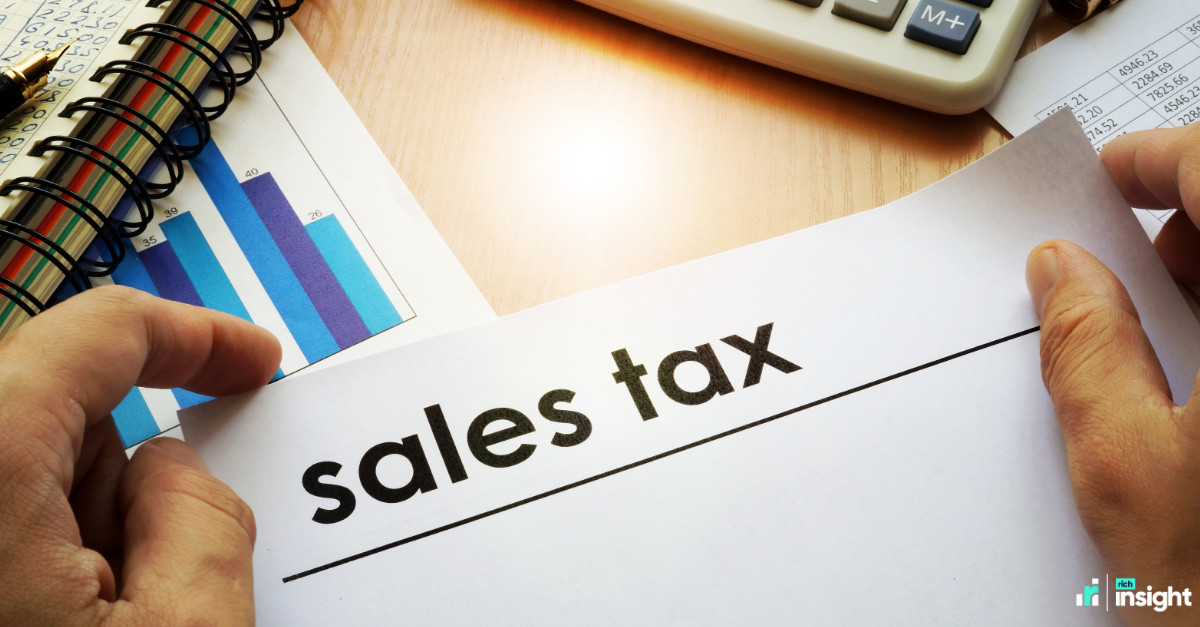For some of you reading this, Marketplaces are the core business: driving most of the sales with no need to rock the boat. For others, they’re secondary to a well-oiled ecommerce site (“and for some of you dilly-dallyers, they’re not even a channel at all”, said the voice in your head whilst you read, disapprovingly).
Wherever they fit for your business, there’s one view we hear all too often: that if there is any marketing to be done, it’s best spent driving the customer to the website. After all, your site, your rules, your customers…
But is this actually true? And more importantly, does the way you approach marketing on marketplaces lead to the best results for your – yes… your – business?
Pour a glass of wine, open some of that highly fattening treat you shouldn’t really eat and / or light that legally dubious cigar your brother-in-law brought back from that trip following his breakdown… and give us the next 15 minutes of your life.
We’ll review the top three misconceptions towards marketing on marketplaces that just might improve your own marketing return as a result.
MISCONCEPTION ONE: “MY PPC BUDGET IS BEST SPENT LEADING BUYERS TO MY WEBSITE, WHERE I OWN THE CUSTOMER”.
It’s a good point – and one we hear most often, so we’ll address it in the most detail – budgets are finite and you need to ensure every dollar spent brings the maximum return. Well, let’s consider some stats:
58% of global ecommerce sales are on marketplaces.
66% of shoppers start their product search on Amazon.
What does this say? That the majority of buyers can be found on marketplaces – and on Amazon specifically – both on conversion and when looking to buy a product.
Now let’s look at some more (anyone running Google ads to drive their ecom site, pay attention!):
Amazon ads typically convert at 3x the rate of Google ads.
CPCs on Amazon ads are typically 50-80% cheaper than Google.
What does this say? Your ads are more likely to convert and at a cheaper cost if you’re driving them through Amazon vs Google.
So, that’s more prospective buyers, who are more likely to convert and at a cheaper CPC: marketplaces offer the quickest way of driving new buyers (and sales) to your products. Sounds pretty ideal if you’re trying to best spend your PPC budget, right?
Well, yes… but there are two drawbacks. First, Amazon (or really any marketplace) will charge a commission on the sale made, so whilst you might save on the CPC, it doesn’t necessarily mean Amazon will be more profitable.
Second, most marketplaces – and again, Amazon in particular – are very guarded when it comes to customer details. Sure, you’ve made the sale, and maybe at a higher profit than through Google Shopping, but how can you truly unlock the lifetime value of that customer when Amazon essentially holds the keys?
Let’s take a closer look at both these points.
Sorry for the maths stuff non-marketing-nerds, but take a look at this table:

But what about the lifetime customer value?
Let’s underline something: customer value is more than having their contact details. With or without a greater return on that first sale, you will still see additional value beyond the transaction.
Pretend you sell a fairly ‘generic’ product (that largely trades on word of mouth or brand recognition): coffee. Marketplaces provide an immediate larger pool of buyers who are more likely to give you a try, even if they’ve never heard of you.
One such buyer types in ‘buy coffee’ on Amazon. They see your product ad, reviews & fast Amazon shipping and decide to give it a go because – hey, they’ve never heard of it… but it’s Amazon… any issues they can get a refund or sue the pants off somebody. They receive it the next day, like it, and immediately chug the whole order in an alarming failure of personal self-control.
Addicted, they now need another batch… urgently. They go to re-order on Amazon, but just before they checkout, their over-driven caffeinated brain decides if they can find a better price. A quick type of the brand into Google shows your website – and it’s 20% off their first purchase.
Voila, not only did you get a cheap top funnel sale, you now also have the customer details. Sure… but what if they don’t look on Google, you ask? Well, there’s still more value this customer can bring.
Say on their next order they like it so much they leave a glowing, if a little intense, review. You can partner with a review aggregate to plug that review directly into your ecom site and improve conversion rate.
Perhaps they didn’t leave a review but they buy a related product on the next order, like a press (it’s much more likely they will through Amazon than your site, all things being equal). Even if it’s an unrelated product, it’s still useful customer insight that can help shape your approach off-Amazon.
Hey, if your 5 Strength Deluxe French Roast drives sales of Titanic DVDs, who are you to argue, just put the insight to work and link the products together on your site. Not sure whether to launch that Spongebob tea strainer? Trial it out on Amazon for a quick insight (although you totally should).
MARKETPLACE CHANNELS LIKE GETTING PAID AS MUCH AS POSSIBLE: AND THEY ARE ABSOLUTELY RIGGED TO PUSH PAID MARKETING AS AN ESSENTIAL PART OF SUCCESS AS A RESULT.
So it’s difficult to argue that at least SOME of your PPC budget isn’t better spent realising this opportunity. Not only can the initial sale drive more profit, it can drive new customers who would never have tried your brand and provide a quick means to shape your ecom website – even if the customer never lands on it – like no other channel.
MISCONCEPTION TWO: “MY LISTINGS WILL SELL ON THEIR OWN / MY PERFORMANCE IS ALREADY GOOD”
Once upon a time, your listings might well have sold without much effort beyond simply getting them live. But the picture is clear, Amazon, eBay, Wallmart – all the big hitters – are focusing their attention on PPC and marketing to drive sales.
Now, I’m going to need you to brace yourself. Marketplace channels like getting paid as much as possible: and they are absolutely rigged to push paid marketing as an essential part of success as a result.
As more businesses have switched on to the sheer amount of money they can make through them, marketplaces are getting more crowded by the day – making marketing a crucial part of cutting through the increasing noise (as well as emboldening each channel to push PPC as essentially a requirement…).
Just consider the search results themselves. Nowadays, typing anything into Amazon will result in at least 80% of the placements above the fold being ads, but even beyond the search results, most listings themselves now have multiple ad spots for competitors to appear. You might dominate the search results but still lose the sale by not defending your listing.
It’s this factor that leads to a unique aspect of marketplaces: the ability for unknown brands to quickly disrupt well established spaces. There are countless examples… but try it now: go to Amazon and type in a well-known brand: duracell, nike, nandos (there are tons). Not only will the search results be covered with relatively unknown brands, even if they’re not, the listings themselves will often have competitors (both unknowns and key competitors) encroaching on the space.
Think about the coffee example above, people trust Amazon and will take a punt on an unknown as a result. With a ton more options for unknowns to piggyback off established brands – both pre and post click – fast and effective disruption is a very real possibility… and can come out of nowhere from a completely new start-up.
All this adds up to one simple fact: past success is simply not a realistic measure of future performance and complacency will yield ground to competitors (who absolutely will target your space to hijack new customers). So forget about the benefits we’ve already covered, you will lose ground if you don’t implement a marketing strategy on marketplaces, particularly around brand defence.
MISCONCEPTION THREE: I’D LOVE TO DO MARKETING, I JUST DON’T HAVE ANY BUDGET.
Look, ads are an investment and cost money – but the above points demonstrate how important they are. You can look at metrics to make sure the investment is working for you; ACOS, TACOS (mmmmm TACOS….) New to Brand etc., so if you have any budget, it’s worth syphoning at least some of it off for Marketplaces.
But, for the sake of argument, let’s say you simply have none. Well here’s the thing, despite what the multi-billion dollar PPC industry might want you to believe, there are elements of marketing that don’t require advertising spend.
Branding and showcasing who you are, why you’re products are good and why people should buy from you is just as important as driving clicks to your products… and doesn’t have to be done by an external agency.
And marketplaces have lots of options here. Simple use of A+ Content, Stores, improved titles, bullet points and descriptions, implementing basic video: all these elements help to market your offering and don’t require a budget to use. You simply need to ensure that each available element ties in to a cohesive marketing approach – and markets your brand and products in the best possible way.
You will see an impact in your results, both on and off Marketplaces, without spending a penny (but we can’t guarantee Bob Cratchit isn’t discussing your approach to budgets around a very solemn family meal).
BONUS MISCONCEPTION: I HAVE BUDGET AND TIME… BUT MARKETPLACES ARE MY ENEMY AND MUST BE FOUGHT AT ALL COSTS. THEY’LL DESTROY US ALL, RUN FOR THE HILLS!
We understand that Amazon (or marketplaces in general) can make people uneasy. In a global pandemic, Jeff seems to still make more money than anyone else and at some point he is likely to eat the world from his underground volcano lair, cackling maniacally. This is going to happen, with or without your involvement.
So we understand that an emotional decision may be affecting many of you here. That every sale made on marketplaces feels like loosening your grip on your space and strengthening what is essentially a competitor. That your marketing approach should surely strengthen your hand and weaken your competitors. Isn’t that the point?
We get it, but we urge you to make the decision using your cold, reptilian business brain.
SO, FOR ALL OF YOU TLDR…
Marketplaces are not the enemy… and are best seen as an additional marketing channel.
As an addition to your marketing channel mix, the benefits of marketplaces are clear:
- Gain additional direct sales & in-direct sales (e.g. on your site)
- Gain new customers who would not have tried your brand otherwise
- Defend your brand space from competitors utilising them & stealing customers
- Gain reviews & word of mouth for your brand & products
- Quickly test ideas that shape your business that would take much longer outside marketplaces
They don’t have to be your main channel. They don’t have to have huge budgets allocated. They don’t even have to even be part of your very long term marketing plans (although we expect they will). At least for right now, not covering the opportunity of marketing on marketplaces will bite your business and yield ground to your competitors who are.
So don’t look at it as helping the enemy, think of it as tapping into a new pool of customers, as a tool to gain quick insight that strengthens your ecom operation and a secret weapon to keep you ahead of your competition… and take another sip.






Blog Comments